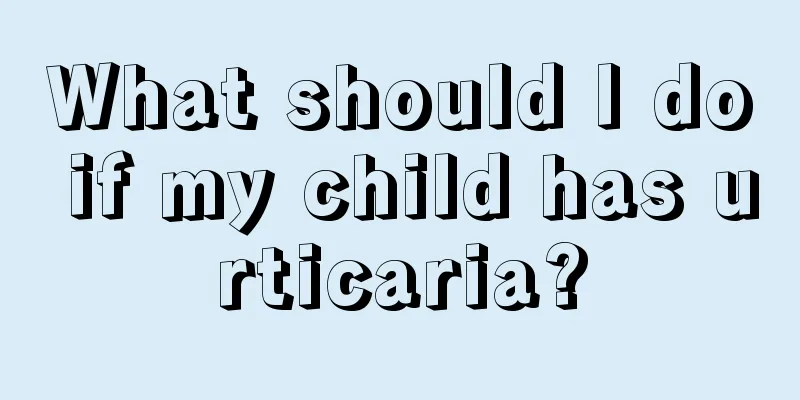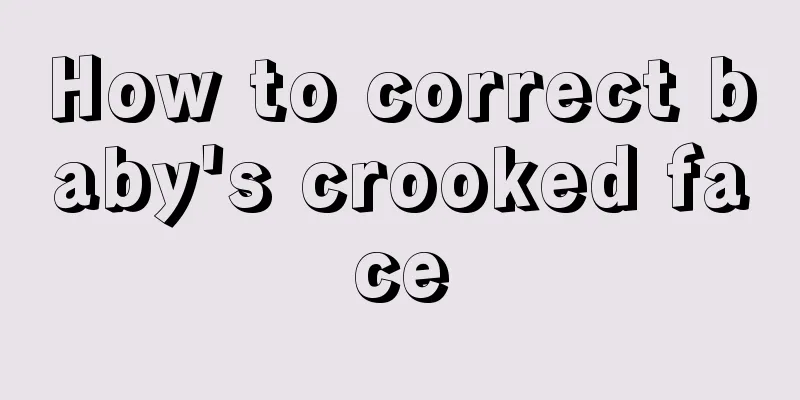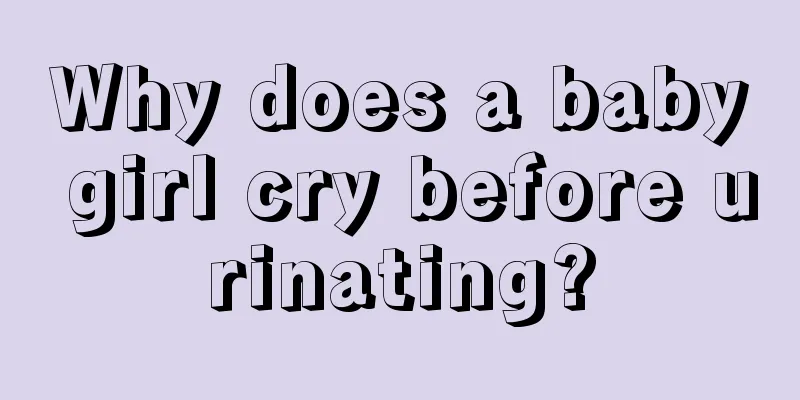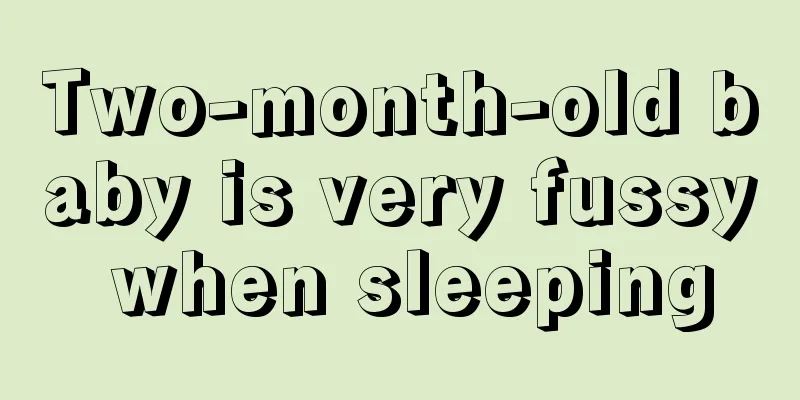At what age do children replace their front teeth?
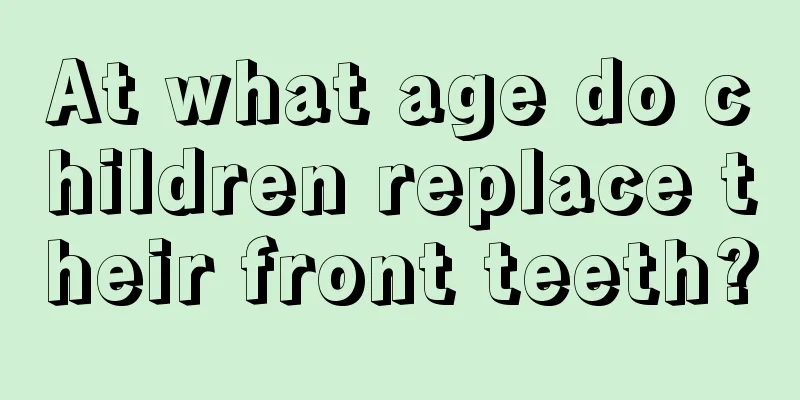
|
Children's tooth replacement period is generally concentrated when they are six or seven years old. The difference in the tooth replacement period between boys and girls is not that big. During the tooth replacement period, parents should pay more attention to their oral hygiene. They must be asked to rinse their mouths and brush their teeth after eating snacks at night to prevent food residues in the teeth from breeding bacteria, which will cause some unnecessary dental diseases during the tooth replacement period. At what age do boys change their front teeth? Normally, at the age of 6 to 7, the deciduous central incisor (central front tooth) of the mandible begins to shake and fall out, and soon the permanent central incisor grows in this place; at the same time, the first molar grows behind the second deciduous molar. After that, the other teeth were replaced one after another. The permanent monocuspids and bicuspids can only grow out after the deciduous teeth in the same position fall out. By the age of 12 to 13, all the deciduous teeth have fallen out and have been replaced by permanent teeth. After that, permanent teeth will grow separately: the second molar will grow behind the first molar at the age of 12 to 14, and the third molar will grow after the age of 18. It is normal for some people to not have third molars. [1] The order and timing of tooth replacement are roughly as follows: Number of teeth and time of tooth replacement 4 central incisors 6-7 years old 4 lateral incisors 8-9 years old First pair of canines 4 at 10 years old Single canine 4 11 years old Second canines 4 12 years old First molars 4 at age 6 4 second molars at 13 years old[1] Retained deciduous teeth Retained deciduous teeth When deciduous teeth do not fall out when they should, doctors call this phenomenon "retained deciduous teeth". Children should be taken to the hospital for examination and treatment in time. Main reasons: ★ Misplacement of permanent tooth germ ★ Local inflammation ★ Loss of permanent tooth germ Retained teeth that have erupted but have not fallen out should be extracted as soon as possible to avoid affecting the eruption of permanent teeth in the normal position. [1] If a person has exceeded the age of tooth replacement but their deciduous teeth have not fallen out and their permanent teeth have not erupted, they should not be removed easily. If the permanent teeth are congenitally missing, the deciduous teeth should be retained as much as possible. Early loss of deciduous teeth Premature loss of deciduous teeth The loss of deciduous teeth before they should fall out is called premature loss of deciduous teeth. This often causes the adjacent teeth on both sides to tilt toward the gap between the missing teeth, making the gap between the missing teeth smaller and causing the permanent teeth to erupt out of place due to insufficient space. A gap maintainer should be worn in the gap between deciduous teeth to prevent the teeth on both sides from tilting until the permanent teeth erupt. [1] Difficulty with eruption of permanent teeth Difficulty in eruption of permanent teeth. The eruption force of permanent teeth is generated during the development of the tooth roots, which causes the permanent teeth to move toward the gums and gradually erupt. This requires a process, which is particularly obvious in the upper front teeth. If permanent teeth have not erupted after the replacement period, it is called delayed eruption of permanent teeth. The main reasons are: ★ Early loss of deciduous teeth ★ Supernumerary teeth ★ Obstruction of odontoma or cyst ★ Abnormal development of permanent teeth ★ Genetic factors Malocclusion of teeth During the period of tooth replacement, the teeth are replaced, the jaw develops, and the occlusal relationship is gradually established. Sometimes a temporary malocclusion occurs, but during the tooth development process, it will often adjust itself and return to normal. Some malocclusions cannot be adjusted by yourself, which will affect facial development and should be treated in the hospital. [1] Double teeth It is not uncommon for the permanent teeth to come out before the deciduous teeth fall out, causing the teeth to be arranged in two rows, front and back. This is most likely caused by the deciduous teeth roots not being completely resorbed. Oral X-rays can be used to determine the relative position of deciduous teeth and permanent teeth to diagnose whether deciduous teeth will fall out on their own or need to be extracted. It hurts a little when teeth are replaced. The process of teeth loosening and falling out is generally not painful, but as the deciduous teeth begin to fall out, the "six-year molars" will also grow out, which may cause swollen gums and cause children to complain of toothache. If the pain is severe, you need to see a dentist to see if you need anti-inflammatory and analgesic treatments. [1] |
<<: What grains are good for children?
>>: The baby sleeps from the afternoon to the next day
Recommend
What should I do if my child always burps after feeding?
After a child is breastfed, parents will choose t...
Japanese encephalitis vaccine precautions
The full name of Japanese encephalitis is epidemi...
The child's mouth turned red after eating raw tomatoes
If a child's mouth turns red after eating raw...
What should I do if my child has a fever in the middle of the night?
What children fear most is catching a fever in th...
What to do if children have allergies
In daily life, we often hear many parents complai...
What ointment is good for baby eczema?
Everyone knows that the body and skin of newborn ...
10 Tips for Treating Picky Eating in Children
Nowadays, many children are picky eaters, which is...
What to eat for anemia in teenagers
Teenagers are in the stage of physical developmen...
What should I do if my seven-year-old child has a poor memory?
Seven-year-old children are learning and just ent...
Reasons why babies spit up
Many people are consulting about the problem of n...
What causes red eye bags in children?
When a person cries for a long time, his eyes wil...
What should I do if my child's lips are swollen?
Some young children have abnormal problems in the...
Why does a baby not cry when it is born?
Usually in TV dramas, when a woman is giving birt...
What to do if the baby does not defecate for several days
For newborns, the digestive system determines whe...
What to do if children have weak memory
Children's memory is generally low. Some chil...


